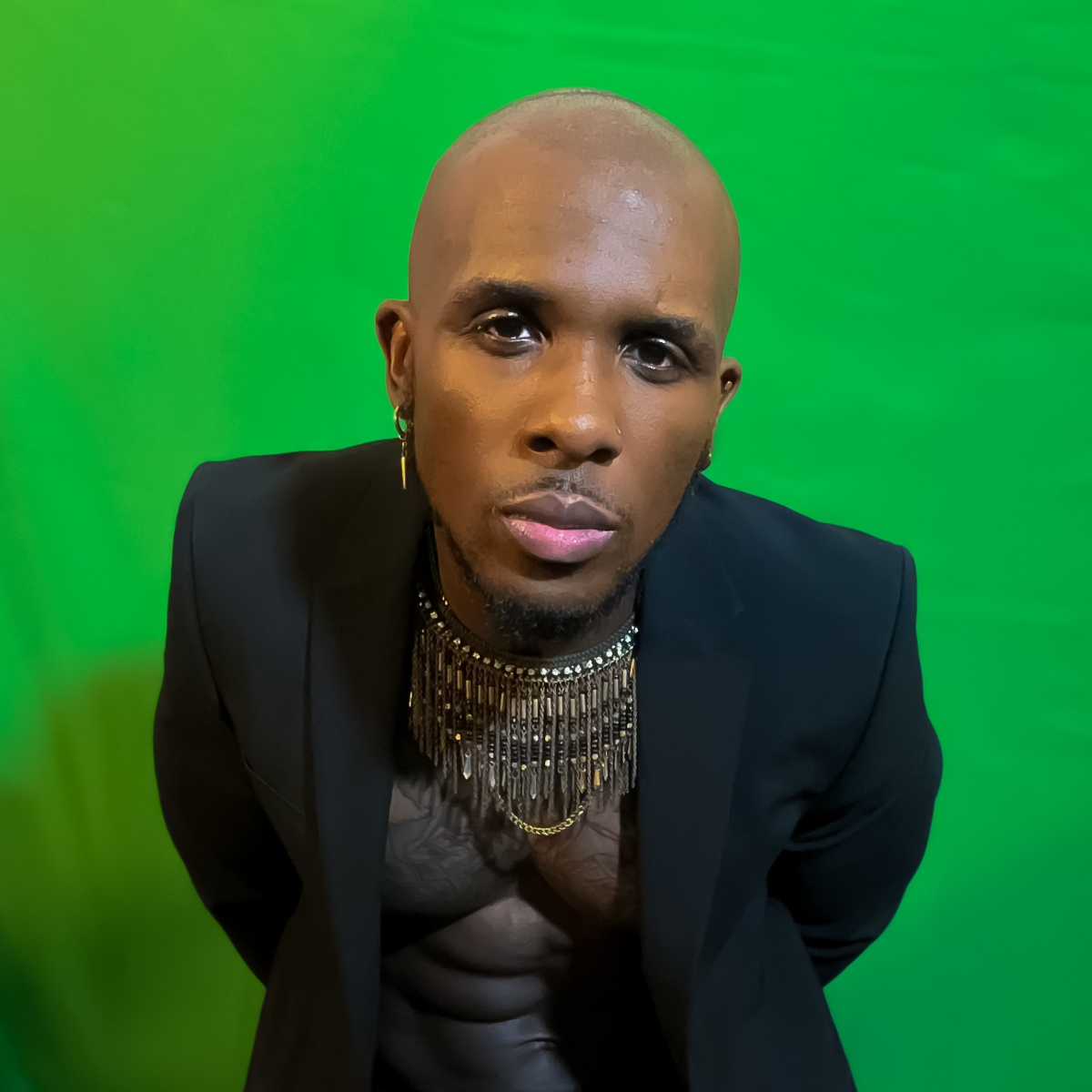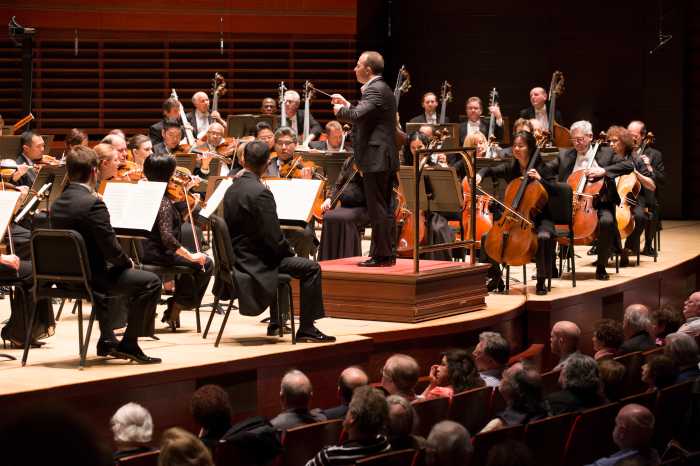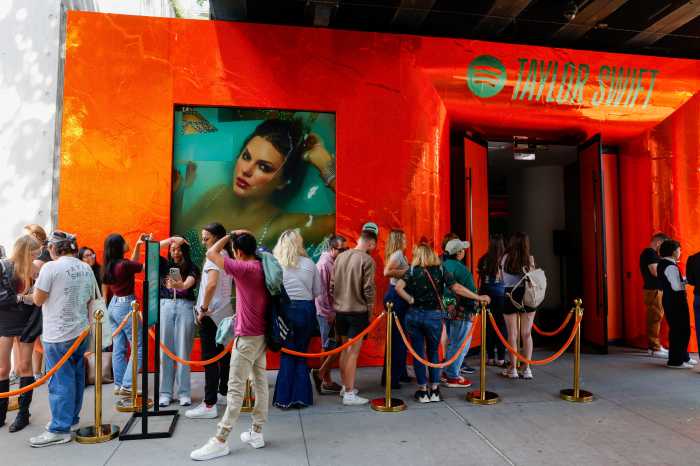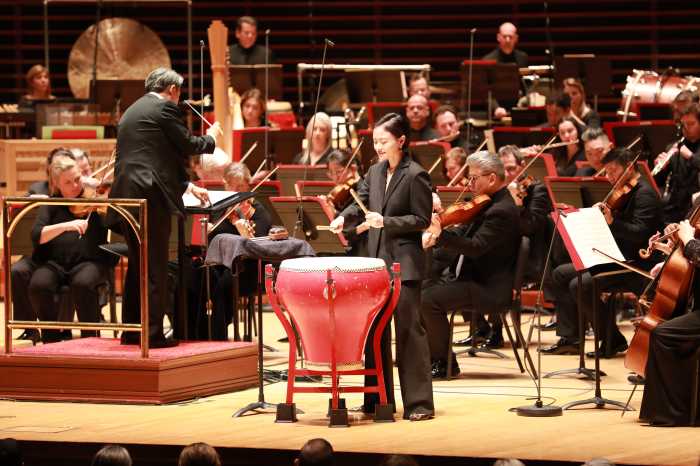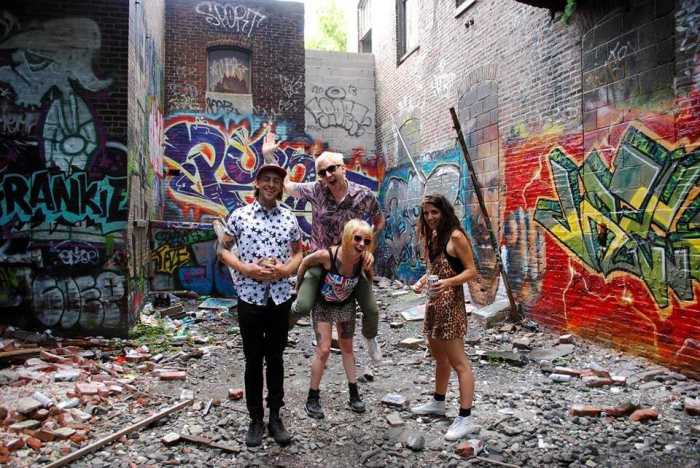Whether you’re hearing Philly soul singer and songwriter Zeek Burse via stream or in concert, or maybe just bumping into him for a friendly conversation, the first thing you get from him are the warming rays of positivity.
Whether it is the broad anthemic quality of recent tracks such as “One People,” his musky-still-satiny voice (think Sam Cooke meets The Weeknd) and its welcoming call, or the unifying manner in which he brings audiences together when he performs – next, on Wednesday at World Café Live – Burse is bursting with flavor and joy. Even when he is approaching difficult subject matter, say the poignancy of “The Room,” “BLM,” or “Broke Man,” there is a shared sense of communalism and optimism.
“One of my mottos is ‘Everything is relative,’” Burse tells me from his headquarters in the Francisville section of the city. “I think if we all understood that, we would have both sympathy and empathy for others. Ultimately allowing one another to live our lives in peace and harmony. Another one I’ve been practicing and reciting is ‘Be yourself, but not by yourself.’”
Keeping things as positive as they are real are Burse’s twin goals when it comes to material past, present and future.
“The world needs balance, but positivity is a goal,” Burse says. Thinking of his sonorous, gleeful, crowd-pleasing “One People,” Burse once told me that he wanted something, emotionally, to evoke similar feelings to past hits such as Michael Jackson’s “Earth Song.”
“Like most of my songs, “One People” tells a story, this one in particular touches on a few stories, journeying through love, war, equality, racial discrimination, relationships both platonic and romantic. It invites the listeners to consider their neighbors as they consider themselves. I attempt to evoke empathy and even sympathy in some regards.”
The vocalist recalls a time when he was still working as part of corporate culture, and being told by co-workers that he always had a smile on his face.
“She used to tell me that my smile wasn’t real. In my mind, however, that just wasn’t her reality. It is challenging to stay positive – and I do have records of mine, such as ‘The Room,’ that hold a stark darkness to them, and are vulnerable – but, I like to paint a brighter side of life, especially since so much other music out there is ripe with negativity. As long as I’m making music and messages that are real – not sugar coated. Living your own narrative. Being inspiring or inspirational. That’s positive. And that is a goal and an intention where my art is concerned.”
Despite the still-quiet live music aspects of most of 2021 (he even recorded another whole album at the top of the pandemic that he didn’t release), Burse has been packed with fresh projects and busy with even fresher recordings – new partnerships that suit his brand such as those with WRTI-FM, as well as new evolving music material that looks more toward the future than it does the past.
“I’m looking at the next phases of behavior and relationships, what could be as opposed to what was or is,” he says. “The issues that we are facing now: are we still facing them in the future. Have we learned from our mistakes? I’m still championing messages of love and unity, but I want to know where that goes, and show where I might be as a person coming up.”
To go with that broader lyrical vibe, Burse says that his musical soundscapes will grow vast, open and airier, along with incorporating more world music elements. That makes tons of sense when Burse mentions that one of his new favorites is Moses Sumney, the ambient electronic R&B singer whose albums “Aromanticism” and “Grae” are steely studies in atmospheric arrangements and icy soul. Reluctant to tell me many of the names of his newest, upcoming songs, Burse chooses “Fragments” and “Electric Love” as the most immediate tracks for his audience to look toward.
“I can record upwards of 60 to 100 songs for one project then just pick 12,” he says. “I do know that those two songs should be on the next project, as well as other songs that provoke thought and evoke the future. I want the new music to still be positive, but also offer up a real reality check, and a look at what’s to come.”



